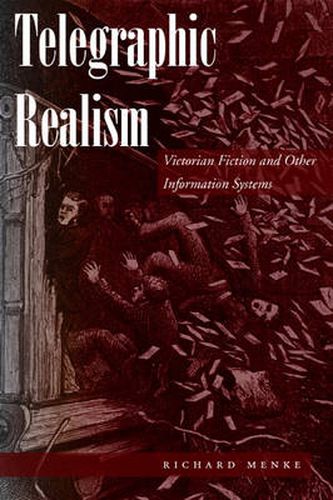Readings Newsletter
Become a Readings Member to make your shopping experience even easier.
Sign in or sign up for free!
You’re not far away from qualifying for FREE standard shipping within Australia
You’ve qualified for FREE standard shipping within Australia
The cart is loading…






This book brings a new perspective-mainly out of German intellectual discussions rooted in Hegel-to bear on the problems of equality as discussed in Anglo-American conceptions of liberalism. Menke argues that the idea of equality is at the heart of political modernity. At the same time, political modernity is characterized by an attitude of critical reflection on the notion of equality in view of its consequences for the lives of individuals. This book explores the sources and legitimacy as well as the limitations and problems of this attitude toward equality in the work of such thinkers as Adorno, Habermas, Derrida, Hegel, Luhmann, Nietzsche, Rawls, and Schmitt. Looking at key texts in modern political philosophy, the author develops the claim that there is a basic and irreconcilable conflict in justice: between general demands of equality and attention to the individual. In a debate with contemporary Anglo-American liberal philosophy’s concepts of rights, the political process is thereby understood as an interminable strife and negotation between equality and individuality.
$9.00 standard shipping within Australia
FREE standard shipping within Australia for orders over $100.00
Express & International shipping calculated at checkout
This book brings a new perspective-mainly out of German intellectual discussions rooted in Hegel-to bear on the problems of equality as discussed in Anglo-American conceptions of liberalism. Menke argues that the idea of equality is at the heart of political modernity. At the same time, political modernity is characterized by an attitude of critical reflection on the notion of equality in view of its consequences for the lives of individuals. This book explores the sources and legitimacy as well as the limitations and problems of this attitude toward equality in the work of such thinkers as Adorno, Habermas, Derrida, Hegel, Luhmann, Nietzsche, Rawls, and Schmitt. Looking at key texts in modern political philosophy, the author develops the claim that there is a basic and irreconcilable conflict in justice: between general demands of equality and attention to the individual. In a debate with contemporary Anglo-American liberal philosophy’s concepts of rights, the political process is thereby understood as an interminable strife and negotation between equality and individuality.